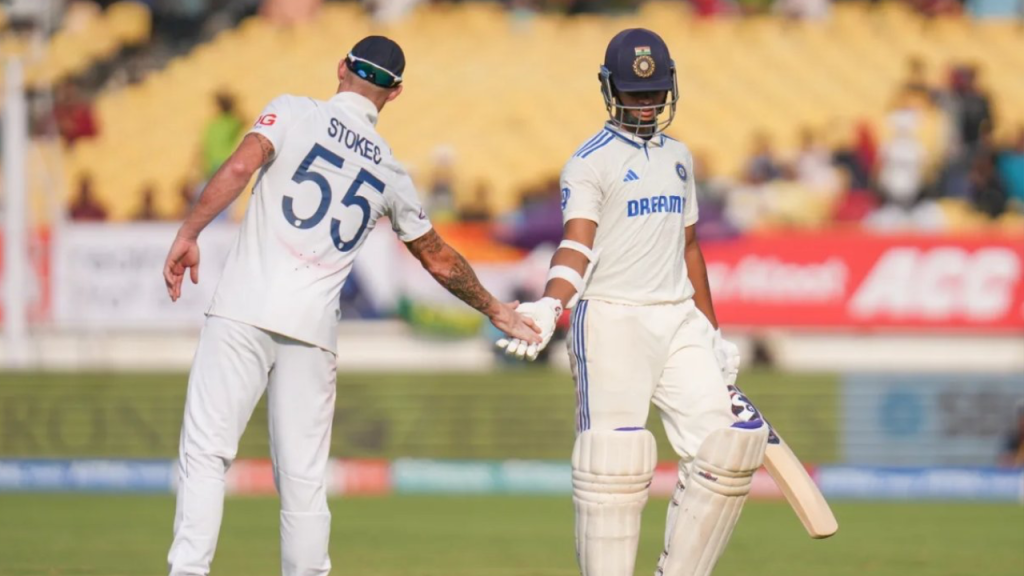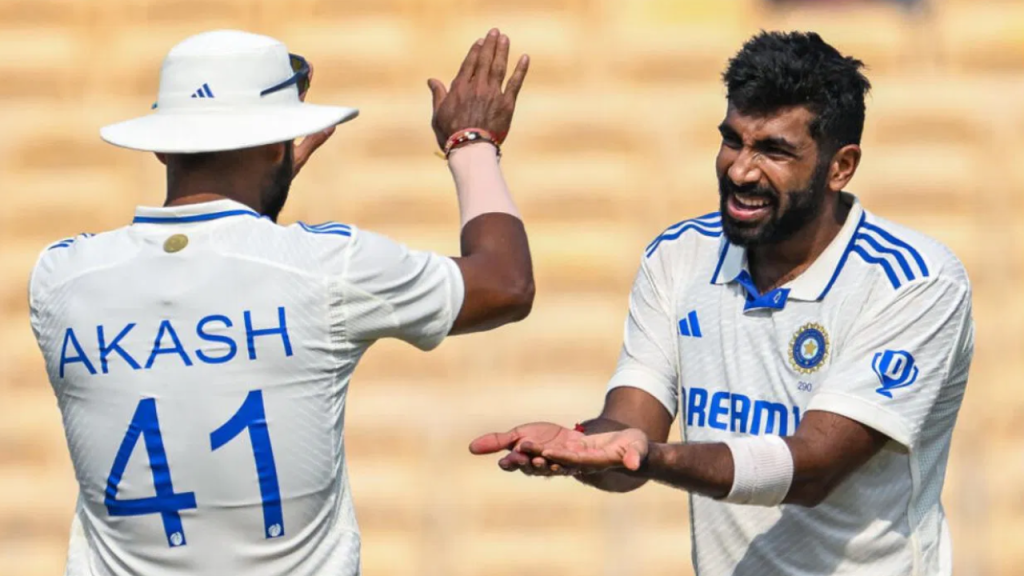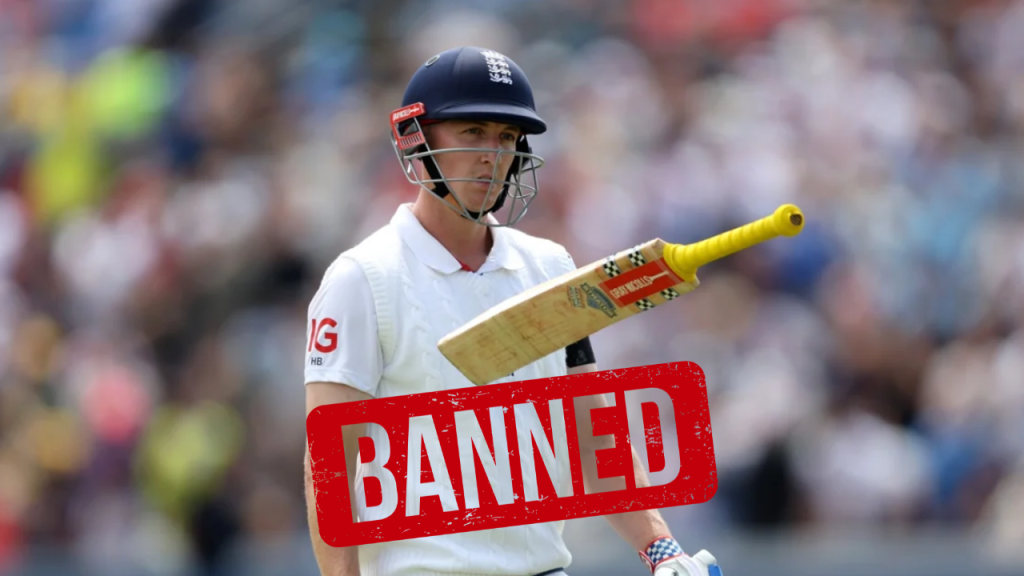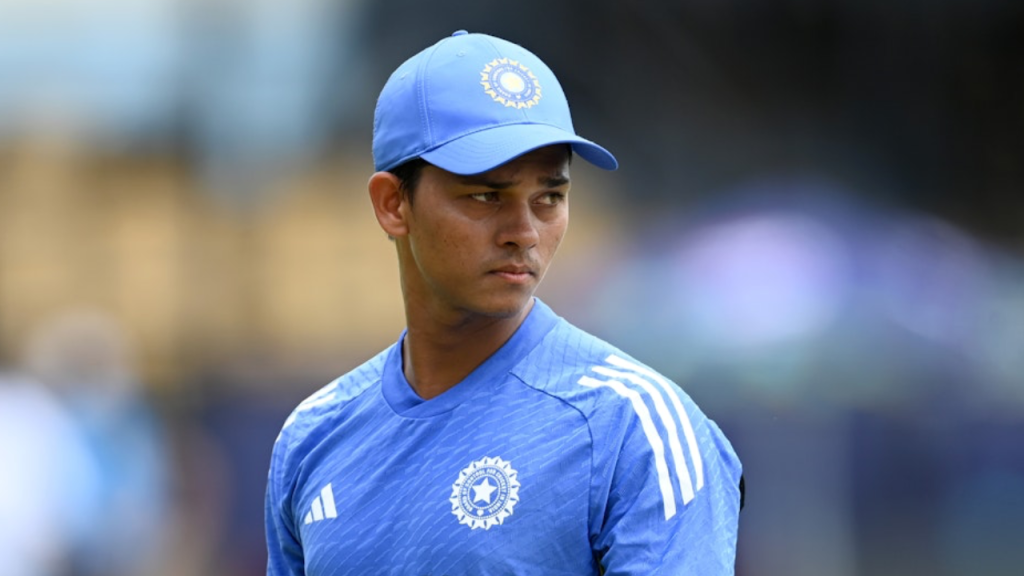In international cricket, where the clash of willow and leather often takes precedence, a recent incident involving Australian batsman Usman Khawaja has sparked both controversy and conversation. Ahead of the first Test between Pakistan and Australia, the spotlight turned on Khawaja when he adorned a shoe with a pro-Palestine symbol, a move that raised eyebrows and drew the attention of critics and the International Cricket Council (ICC).
Watch: Usman Khawaja Strongly Responds To ICC Regarding Banning Him From Wearing Pro-Palestine Shoes
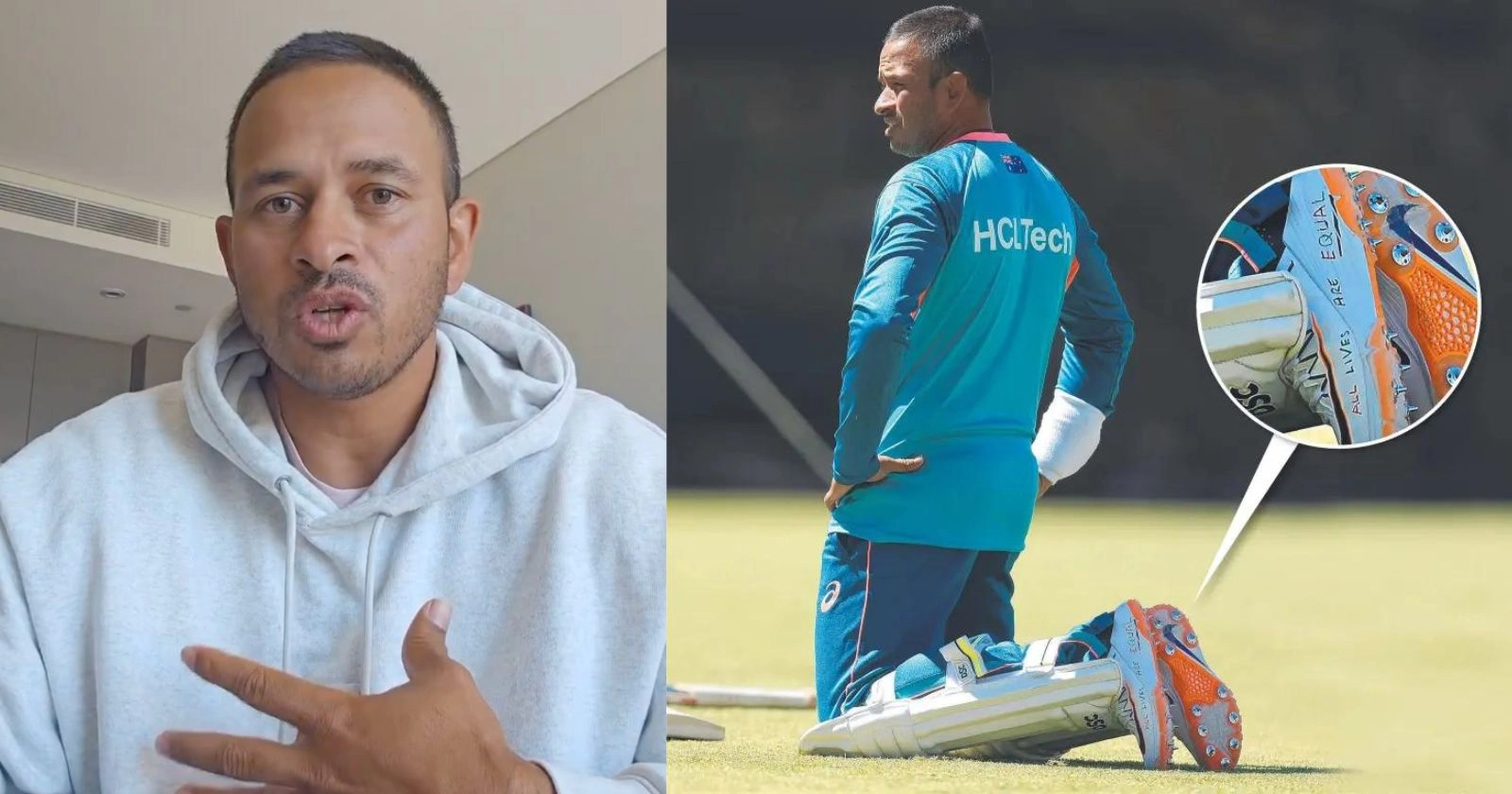
The ICC, known for its strict stance against the display of political slogans and stances in international matches, promptly pointed out the violation, putting Khawaja at risk of suspension. In response, the Australian cricketer took to social media, sharing a video in which he passionately declared, “All Lives are Equal. Freedom is a Human right. I’m raising my voice for human rights. For a humanitarian appeal. If you see it any other way. That’s on you…”
As the controversy unfolded, Cricket Australia, the governing body for cricket in the country, issued a statement that underscored its commitment to upholding ICC rules. The statement emphasized, “We support the right of our players to express personal opinions, but the ICC has rules in place which prohibit the display of personal messages which we expect the players to uphold.”
This unambiguous stance from Cricket Australia highlighted the delicate balance between individual expression and adherence to international cricket regulations.
All Lives are Equal. Freedom is a Human right. I'm raising my voice for human rights. For a humanitarian appeal. If you see it any other way. That's on you… pic.twitter.com/8eaPnBfUEb
— Usman Khawaja (@Uz_Khawaja) December 13, 2023
The visual impact of Khawaja’s stance continued to unfold during Tuesday’s practise session when photographs surfaced, revealing him wearing Nike shoes bearing powerful statements such as “freedom is a human right” and “all lives are equal.” These statements, etched onto the very fabric of his athletic gear, became symbolic of his silent protest.
However, as the first Test match against Pakistan loomed, the Australian team’s captain, Pat Cummins, made a significant announcement. Contrary to the practise session, Khawaja would not be donning the shoes during the high-stakes match in Perth.
Undeterred by the ICC’s restrictions and the lack of support from Cricket Australia, Usman Khawaja, a stalwart in the Australian national cricket team, has declared his intention to challenge the ICC. His mission is clear: to continue wearing shoes adorned with human rights slogans in solidarity with the Gaza Strip during the summer matches.
This move by Khawaja transcends the boundaries of sport, transforming the cricket field into a platform for advocacy. By persisting in his silent protest, Khawaja has become a voice for those whose struggles extend beyond the boundary ropes.
Khawaja’s actions have reignited the debate about the intersection of sports and politics. While some argue that sports should remain an apolitical space, others contend that athletes, as public figures, possess a unique platform to shed light on social and political issues.
